On May 12th 2011 Fenway Sports Group, owners of Liverpool Football Club, confirmed the worst-kept secret in football when they appointed Kenny Dalglish as permanent manager of the club on a three year deal. For the Anfield faithful who have chanted Dalglish’s name at every match since his caretaker appointment, as well as those of the players on the pitch, it is the news everyone has been waiting for. What doubts there had been about Dalglish’s future in the job were largely sown by the fact that FSG’s normal business model is to install young, ambitious managers to lead the revival of their sports ventures. Dalglish may not be in the first flush of youth but there is no doubting his ambition: he has had unfinished business at Liverpool ever since he resigned in the aftermath of Hillsborough twenty years ago.
There is also no doubting the way he has already galvanised a club that was flirting with relegation and which had become something of a laughing stock owing to three and a half disastrous years under the so-called stewardship of former owners Hicks and Gillett. Dalglish has doubled the win ratio of Roy Hodgson since he took over from him in January, and has proven Hodgson wrong in one key respect. When results began to go astray under Roy early in the season he claimed there was no magic wand for turning things around. To be fair to him, what he probably meant was that hard work on the training ground and belief on the pitch were the way to improve results but that magic wand quote haunted him for the remainder of his short-lived reign. It does not help his case that Dalglish does indeed seem to have wielded a form of arcane and beautiful magic, transforming an underperforming squad into one which has scored more goals than anyone in the Premier League since the turn of the year and whose points tally is second only to Chelsea in that time.
For me it is a question of tactics. In this respect the influence of Steve Clarke must also be acknowledged. Drafted in as coach by Dalglish within days of his own appointment. Clarke’s contribution to recent change of fortunes has also been recognised with a three year permanent deal. Clarke is generally accredited with organising the defence but that’s probably too simplistic a view of his input. In terms of shape, positioning, training methods and overall on-field organisation he has had the same sort of strengthening effect he brought to Jose Mourinho’s Chelsea six or seven years ago.
Coupled with Clarke’s coaching nous has been Dalglish’s insistence on a traditional passing game, not really adhered to at Anfield since the days of Roy Evans. While Gerard Houllier and Rafa Benitez can rightly claim to have brought successes to the club with European victories and domestic cup triumphs, their continental style of football was indisputably more defensive in terms of tactical philosophy. What is exciting Liverpool fans now that Kenny is back in the dugout is the focus on attack and the slick one-touch passes which set up so many of the shooting opportunities now. The recent 5-2 demolition of Fulham at Craven Cottage was surely Liverpool’s best away performance since the 4-1 humiliation of Manchester United in 2009. So comfortingly familiar and exhilarating was the pass and move thrust of Suarez, Meireles, Maxi, Kuyt and even Spearing and Lucas that night that it was like stepping back in time. At times, especially in the first half, I almost expected John Barnes to pop up on the wing to trade inch-perfect one-twos with Beardsley.
Ever since Dalglish resigned in 1991 all subsequent Liverpool managers have made changes to the club. Souness arrogantly ripped up the traditions of the boot-room which had been installed by Shankly and preserved by Paisley, Fagan and Dalglish. Roy Evans, a former boot-room graduate, tried gamely to restore Liverpool traditions but, with all due respect, lacked the managerial skills of his more illustrious predecessors. Houllier overhauled the training and sports science side of the club and reaped rewards in the unforgettable 2000/01 season as well as taking the club to the brink of the title the following year. But too many of his purchases proved ill-judged and his approach increased in negativity and defensiveness as his stint as manager progressed. Rafa will forever hold a special place in the hearts of the Anfield faithful – he is the man who put us back amongst the European elite with that remarkable 2005 Champions League victory. But again, his overall philosophy was overly cautious and at times manifested as a seeming lack of trust in his players once they were out on the pitch. It is hard to find anything particularly positive to say about Hodgson when he so clearly tried to downsize the ambitions of players and supporters alike.
But the successes and failures of the men who have held the top job at Anfield over the past twenty years can be summed up rather more simply. They have all suffered from one common handicap – they have not been Kenny. Not since Shankly himself has a Liverpool manager been so revered on Merseyside and with good reason: Dalglish also makes the people happy. This was perhaps the most important issue FSG needed to consider when weighing up their options for a permanent appointment. Hicks and Gillett tore the club apart, set supporters against each other and against the owners and sowed the seeds of a dreadful disharmony that threatened to sink a once mighty team. Their final act, the appointment of Hodgson, even led to fans turning away from the ground, unthinkable at any stage over the last fifty years. Only Kenny Dalglish could have reunited the fans as well as reassuring them that the new owners are intent on bringing success back to the club rather than on milking the franchise for everything they can get. Yes, John W. Henry is a businessman and will expect to see his latest business acquisition thrive in its market. But he evidently understands the spirit of the club, the importance of the fans and the impact of Dalglish’s first five months back in charge judging by his statement yesterday: “Since returning in January, he has shown extraordinary leadership and the ability to bring the best out of so many people associated with the club. It was obvious to us very early on that the atmosphere surrounding the club had been transformed by his presence. No-one else could have produced such a response.”
Announcing Dalglish’s new contract prior to a vital and final home game of the season against Tottenham Hotspur which can assure Liverpool of Europa League football next season (which seemed an impossible concept under Hodgson) is clever of FSG. Rather than drag out the saga of who will be managing the team next season in the manner it was prolonged after Rafa’s departure last year, Liverpool can now assure current and prospective players alike that the 2011/12 season is one to look forward to with excitement and relish. This is especially important in the case of players like Pepe Reina who have been courted by other Premier League teams for much of the past year. It is also hugely important in terms of the calibre of player we can attract to Anfield to continue the rebuilding task Dalglish knows still lies ahead. The still alive (if faintly so) possibility of European football combined with the chance of working with a man as revered and influential as Kenny Dalglish should ensure that the big signings continue over the summer.
So the King is back on his throne and I am more optimistic about the future of Liverpool FC than I have been since he left. How wise of the presumably republican American, Mr Henry, to realise that in some circumstances monarchy is the only way to run things.



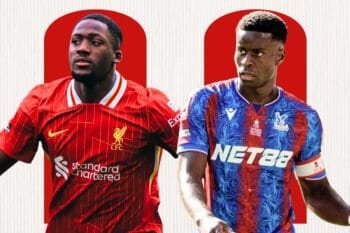
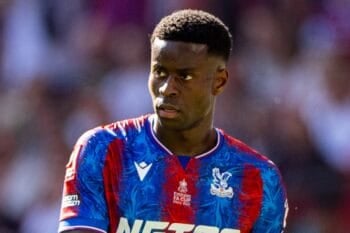

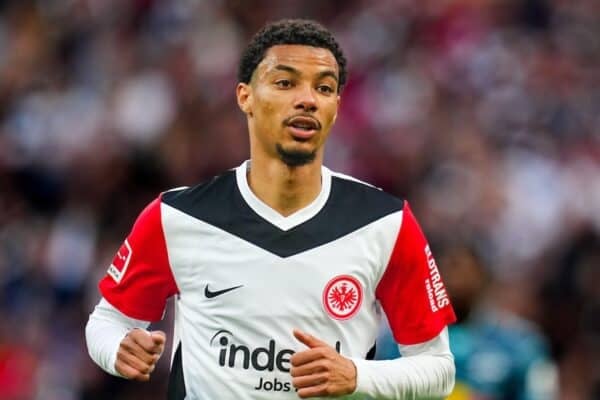
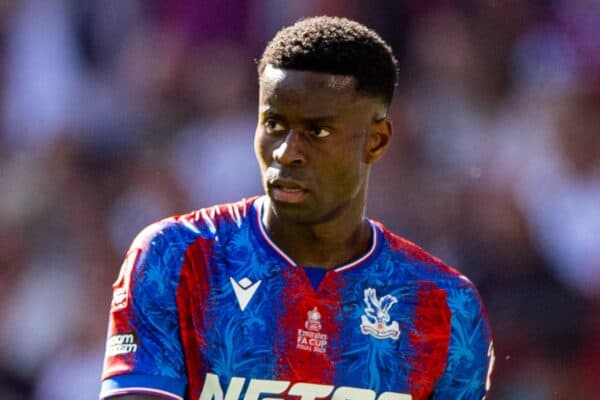
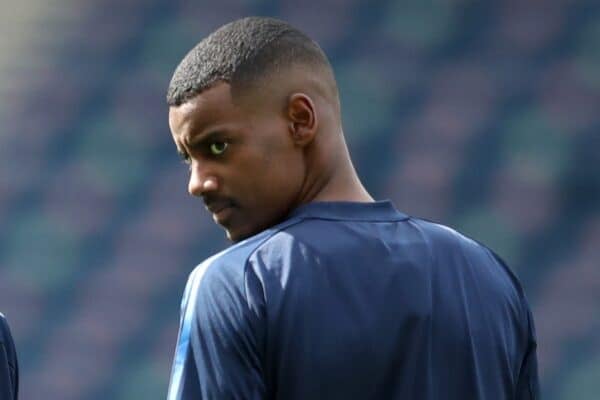
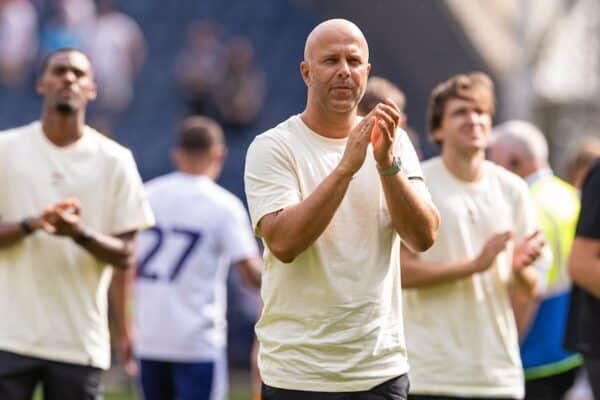
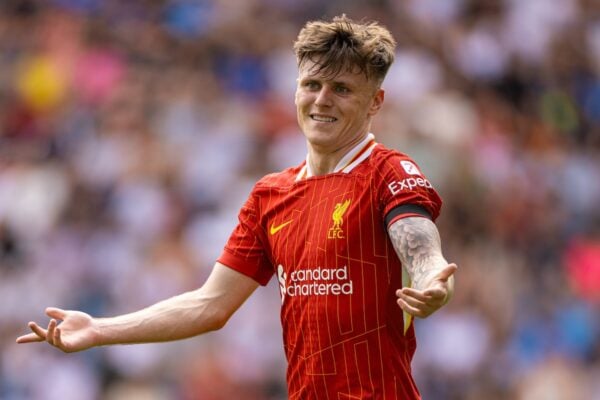
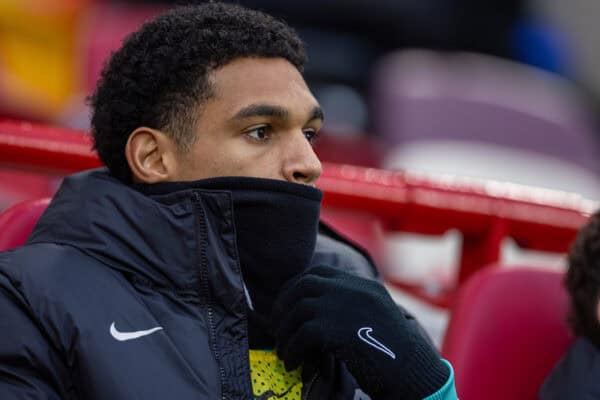
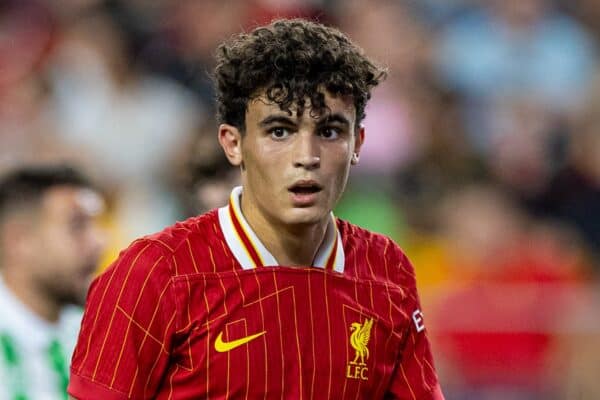
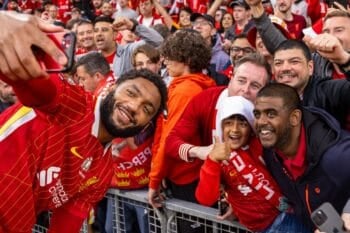
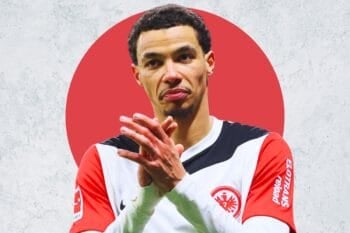

Fan Comments